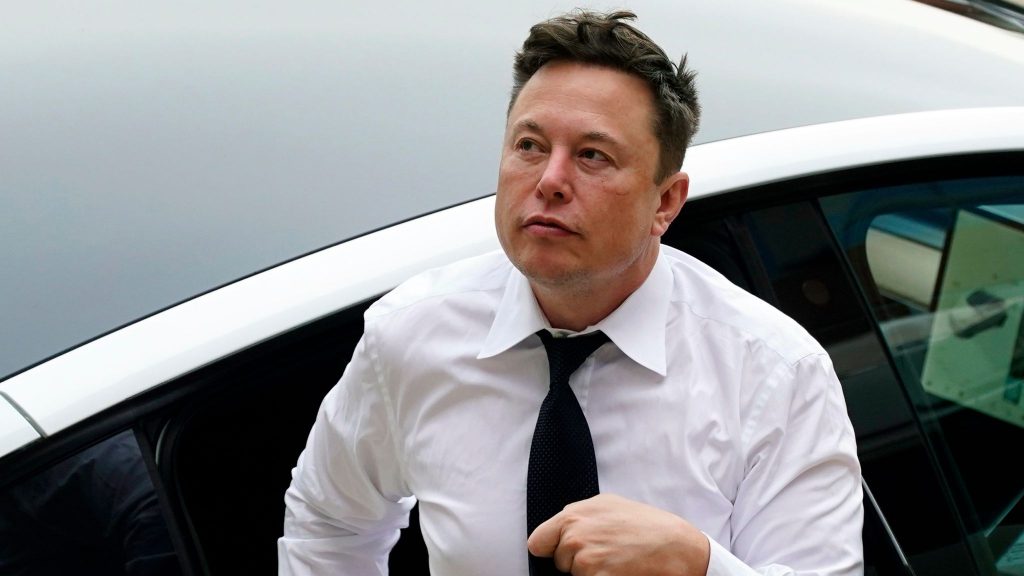Tesla shares fell 11.4% on Tuesday after Reuters reported that Tesla planned to run a reduced production schedule at its Shanghai plant in January, raising concerns about a drop in demand in the world’s largest car market. The stock, which fell to its lowest level in more than two years and had its worst day in eight months, was the biggest drag on the S&P 500 and the tech-heavy Nasdaq.
It has lost more than half its value since the beginning of October, as investors worry that Twitter is taking up a lot of Elon Musk’s time while he is worried about selling his stake in Tesla. The production cuts at the world’s most valuable automaker’s Shanghai plant come amid an increase in COVID-19 infections in the country.

Rising gasoline prices, an effect of the Ukraine war, boosted demand for Teslas, one of the few long-range electric vehicles on the market. Tesla Inc. itself raised prices faster than prices for other cars, building its profit margins. And buyers of some new Teslas took advantage of the booming market to sell their relatively new cars for a profit, then order new ones, driving demand for Tesla’s new cars.
Now that fuel prices are easing, interest rates are rising, Tesla output is increasing, and EV competition is growing, used Tesla prices are falling faster than the market, creating a cascading effect on the price of new Teslas.

“There’s no doubt there are demand concerns,” Great Hill Capital Chairman Thomas Hayes said, citing a reduction in delivery forecasts from Chinese rival Nio Inc in the key market. Hayes also stated that Tesla’s stock is in the midst of a “perfect storm” of high-interest rates, tax loss selling, and share sales by some funds that own a significant amount of Tesla stock. When an investor sells an asset at a capital loss, the capital gain realized by other investments is reduced or eliminated for income tax purposes.


